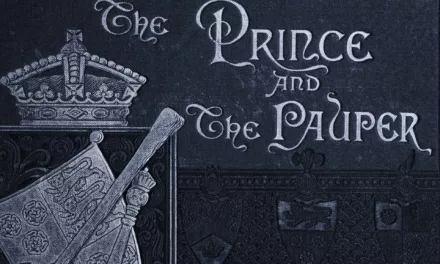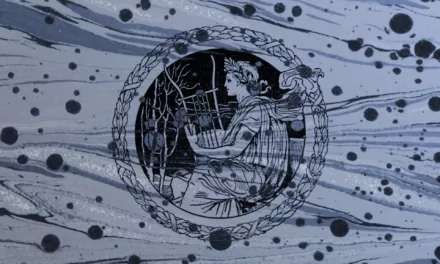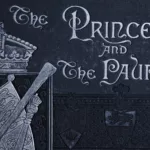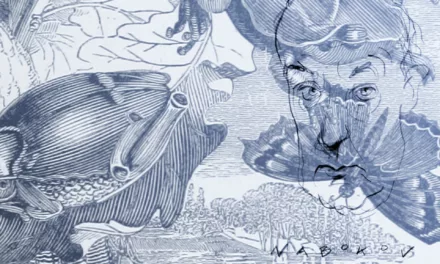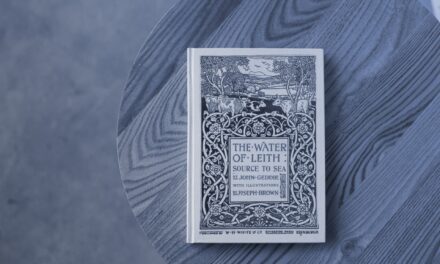
How do you write an Agent query letter?
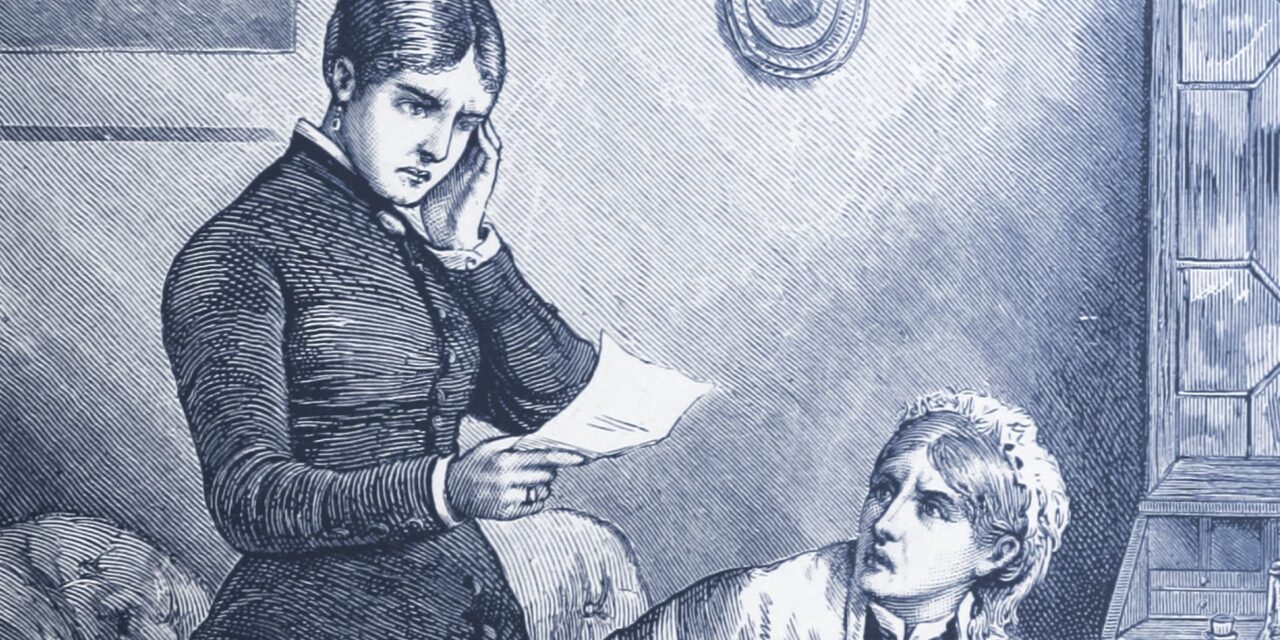
“I’ve often seen many publications and publishers often require a cover letter for submissions alongside the work itself. Do you have any advice on how to make a decent cover letter when submitting fiction?“
If you’ve been writing for a while, or you’ve been doing some reconnaissance before writing a first novel, you’ve probably heard the term “query letter” floating around. You may even have come across the phrase “query trenches”, which refers to the anxiety-inducing period in which you’re composing, sending, and waiting on these essential correspondences.
If it all seems a bit overwhelming, you’re not alone. Not to worry — we’ll guide you through everything you need to know about writing a query letter that will make your work shine.
What is a query letter, and why do you need one?
A query letter is a formal, one-page letter of introduction a writer uses to connect with literary agents or publishers. The ultimate goal of a query letter is to convince the person on the other side that 1.) your book is going to knock their socks off, and 2.) you’re a good person to build a professional relationship with.
Query letters can be tough, but they’re a necessary evil in the publishing industry. You’ll need to write a query letter if you want to secure a traditional publishing deal — either through the help of a literary agent or with an independent publisher who accepts direct submissions. Unless you’re planning to self-publish your book, you’ll need to use your query letter to connect with the industry decision-makers.
From there, it’s a glittering road to literary acclaim.
How to write a query letter, in three parts
Query letters can be intimidating, but they’re completely manageable if you approach them in three easy steps. We’ll walk you through each one.
1: The introduction
This part’s pretty simple. You say hi to the agent; you get their name right (v. important!), you scatter in some personalisation, and you state your cause: to secure representation for your book.
A few important things to remember:
Address the agent by their first name — not by “Sir or Madam,” and definitely never as “Sirs.”
If you open your query letter with “Dear Sirs” and send it to an all-female agency, your letter’s going to get chucked in the shredder. If the women of this agency are particularly vindictive, they may then take the shreds and make them into a voodoo doll. It’s been known to happen.
Open with a quick note about why you chose this agent in particular. It might be that you heard them speak at a conference, you loved the books they listed as influences on their website, or you noted that they represent one of your favourite authors. Even though agents know that you’re querying several dozen others, they want to feel like you’ve chosen them for a reason.
Here’s an example of how this might look:
Dear Dorothy (in my head this agent looks like Dorothy Parker),
I’m writing to seek representation for my novel, Tough Love For Soft Hearts. I caught your Q&A session at this year’s WriterCon, and your approach really resonated with me. Since we seem to love a lot of the same authors, I believe my work would be a great fit for your list.
2: The pitch
So now you’ve got their attention and made them feel special; it’s time to introduce them to the headliner. In this section, you state the novel’s word count and genre. Then you describe, in just two or three sentences, what the book’s about. Finally, you throw down a few comparison titles or authors that encompass your target audience.
This is the trickiest part, because these are the lines that’s going to make the agent interested in reading your book. You may find it helpful to get some feedback on your pitch from other writers before writing your query. In your pitch, you’ll need to strike a delicate balance between writing in a literary tradition and writing something new. If your book is too weird and progressive, the agent might not feel confident it will find an audience. But if it’s too similar to titles that are already out, the agent won’t feel like you’re offering anything fresh.
Here’s an example to get you started:
Tough Love For Soft Hearts is an 82,000-word romantic thriller. It follows Bonnie Clarke, an experienced cat burglar and staunch anti-romantic, as she takes on her biggest heist yet: breaking into the manor of a prominent movie star. When her heist is disrupted by the star’s gorgeous son, sparks fly in more ways than one. Now she has a way into echelons of society she never dreamed — but her old life seems determined to claw her back.
This novel has elements of Patricia Highsmith’s Mr Ripley novels and Holly Black’s Book of Night, with a touch of Emily Henry’s romantic charm. It would appeal to readers who enjoy high-stakes crime novels with a steamy, feminist bent.
3: The humblebrag
Now that you’ve sold the agent on your book, the next and final step is to sell them on you. At this point, you can mention any writing you’ve published in the past (including short stories or related articles), any training you’ve undergone as a writer, and any biographical trivia that directly relates to the book you’re pitching.
You may not have a huge amount of professional history to share at this point, and that’s okay. The agent just wants to see that you’re serious about embarking on a career as a writer. Here’s an example of what this section might look like:
Previously, my writing has appeared in publications like Vanity Flair, Harper’s Bizarre, Gin & Tonic, JessieBell, Drop That Curling Iron, and more. I studied literature at Snootyton University and drew inspiration for this book from my first summer job: cleaning houses for the 1%. I feel this gives me a unique insight into using a fun, lighthearted romance to examine themes of capitalism and class divides.
Then, you thank them for their time and sign off. See? Easy!
Now, go forth and land that agent!!


